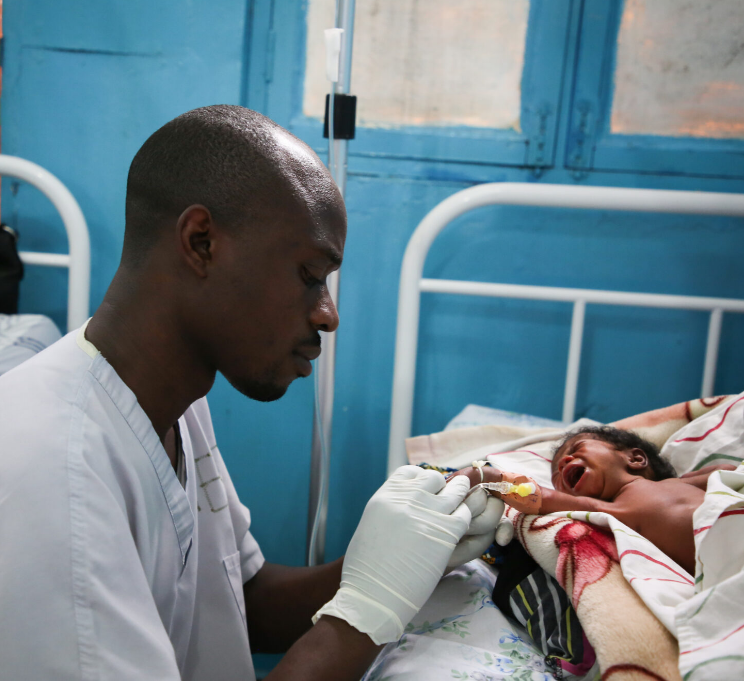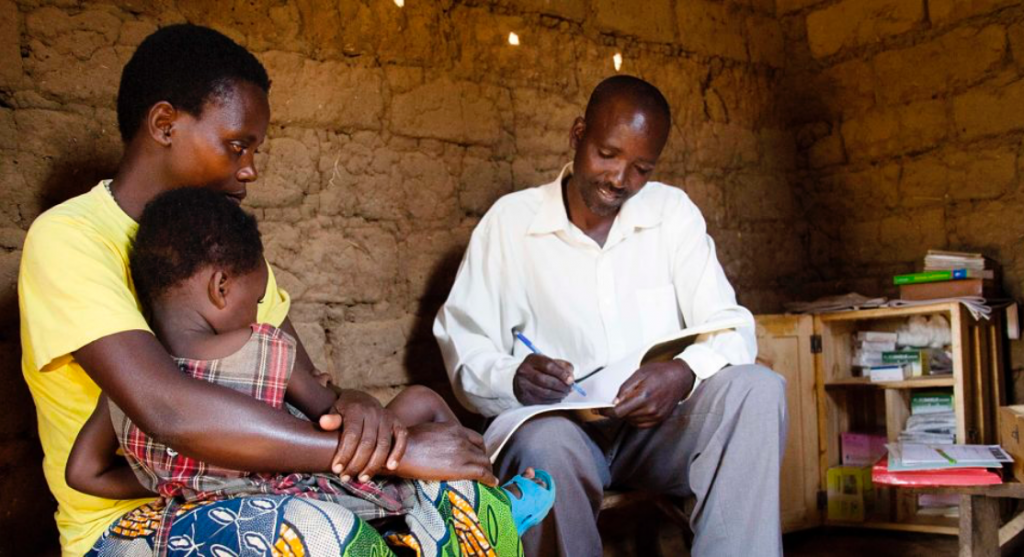The Hon. Justice Innocent Umezulike Foundation is the first non-governmental organization in Africa actively researching and highlighting the life-threatening illness – SEPSIS. Sepsis is an overwhelming and life threatening inflammatory immune response as a result of infection. Sepsis arises when the body’s response to an infection injures its own tissues and organs, potentially leading to death or significant morbidity. In low resources settings of Sub-Saharan Africa, data are limited and proper detection and management of Sepsis is non-existent. According to the World Health Organization (WHO) Sepsis can be the clinical manifestation of infections acquired both in the community setting and in health care facilities. The global epidemiological burden of sepsis is difficult to ascertain. It is estimated to affect more than 30 million people worldwide every year, potentially leading to 6 million deaths. The burden of sepsis is most likely highest in low- and middle- income countries.

FACTS

– Globally, an estimated 30 million cases of sepsis occur each year.
– Sepsis is a primary cause of death from infection.
– Sepsis causes more deaths than prostate cancer, breast cancer and HIV/AIDS combined.
– Sepsis accounts for 60-80 percent of lost lives per year in childhood.
– In the developing world, sepsis accounts for 60 to 80 percent of lost lives per year in childhood.
– Patients surviving sepsis have twice the risk of death in the subsequent five years compared with hospitalized controls.
– Hospitalizations for sepsis have more than doubled over the last 10 years.
– It is estimated 3 million new-borns and 1.2 million children suffer from sepsis globally every year.
– Three out of every ten deaths due to neonatal sepsis are thought to be caused by resistant pathogens.


CHALLENGES






– Poor awareness on the definition, symptoms and treatment of Sepsis.
– Absence of systematic review of the aetiology of infection and clinical outcomes.
– Lack of extensive aetiology data for proper empirical analysis of the condition.
– No evidenced research outcomes to aid optimal clinical management of Sepsis in Africa.
– Lack of informed clinicians to promptly identify the symptoms and administer rapid intervention.
– Hospitalizations for sepsis have more than doubled over the last 10 years and total cost for treating patients hospitalized for sepsis increased 11.9 percent on a yearly average.
– Affordable antibiotics for the middle and low-income earners.
Empowering legal scholars for a more civil society
Our Mission






![]()
![]()
![]()
![]()
![]()
![]()
![]()
![]()
![]()
![]()
Conduct extensive research into sepsis and produce a proper empirical analysis and data of the condition cross countries in Sub-Saharan Africa.
![]()
![]()
![]()
![]()
![]()
![]()
![]()
![]()
![]()
![]()
Actively monitor trends in the evolution of an infection to sepsis condition and provide the evidence for clinical evaluation.
![]()
![]()
![]()
![]()
![]()
![]()
![]()
![]()
![]()
![]()
Community geared grass root awareness programs to raise awareness on the symptoms of the condition and the necessary lifesaving actions to implement
![]()
![]()
![]()
![]()
![]()
![]()
![]()
![]()
![]()
![]()
Organizing workshops and seminars to train local clinicians and healthcare workers for early detection of the signs and symptoms of sepsis.
![]()
![]()
![]()
![]()
![]()
![]()
![]()
![]()
![]()
![]()
Actively creating digital media campaigns raising awareness on precaution, prevention and control of sepsis.
![]()
![]()
![]()
![]()
![]()
![]()
![]()
![]()
![]()
![]()
Constant reassessment of preventive measures for effectiveness of infection control in community settings.
![]()
![]()
![]()
![]()
![]()
![]()
![]()
![]()
![]()
![]()
Supporting the local communities with programs on effective hygiene practices and precautions.
![]()
![]()
![]()
![]()
![]()
![]()
![]()
![]()
![]()
![]()
Funding and developing sustainable and functioning infection prevention and control centres in government hospitals.
![]()
![]()
![]()
![]()
![]()
![]()
![]()
![]()
![]()
![]()
Provision of access to hygiene products and free vaccines for those at high risk.